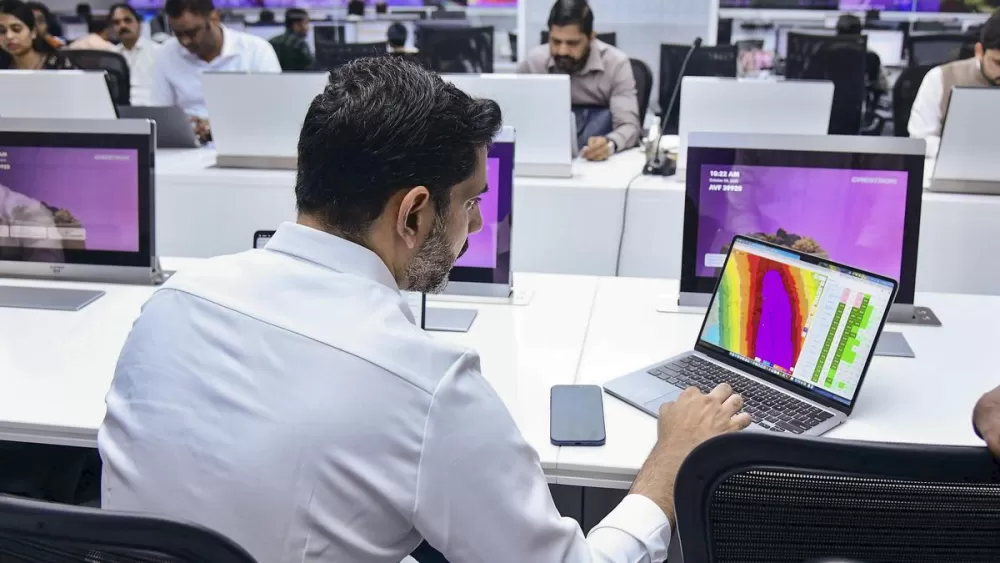India's Rails Redefined: The Tejas Express Steams Ahead into a Private Future
Share- Nishadil
- October 29, 2025
- 0 Comments
- 3 minutes read
- 35 Views

India's First 'Private' Train, The Tejas Express, Signals a New Era
A new chapter in Indian rail travel has officially begun with the Tejas Express, the nation's first 'private' train. Operated by IRCTC, this premium Delhi-Lucknow service is charting an ambitious, perhaps even revolutionary, course for the future of train journeys.
For decades, Indian Railways has been, well, Indian Railways—a sprawling, state-run behemoth. A lifeline, certainly, but also, perhaps, a system resistant to drastic change. And then, quite suddenly, the Tejas Express rolled onto the scene. October 4, 2019, marked not just another train journey, but a quiet, yet undeniably significant, turning point in the nation's rail history.
You see, while it's operated by IRCTC—yes, that's still a subsidiary of the venerable Indian Railways—this particular venture is different. It’s a bold experiment, truly. The Tejas Express is positioned, very deliberately, as India's very first 'private' train. What does that even mean, you ask? Well, it suggests a certain autonomy, a focus on commercial principles, and perhaps, a different kind of passenger experience altogether.
Its maiden route, a busy corridor between the bustling capital of Delhi and the historical charm of Lucknow, wasn't chosen by chance, I imagine. It's a prime stretch, perfect for showcasing what this 'new' Indian rail experience could truly be. From the moment it began its regular commercial run, there was a sense that something had, indeed, shifted.
But beyond the mere fact of its 'private' status, what truly sets the Tejas apart? Ah, here's where things get interesting. For starters, you'll find dynamic pricing at play—a concept long familiar to airlines, now gracing our rails. No more fixed fares, for once. Then there’s the promise of a premium experience: sparkling, modern coaches, definitely a step up from the usual. And, quite remarkably, a built-in travel insurance, almost a given on flights, but a genuine novelty here. What's more, and this truly feels like a game-changer, passengers are even compensated for delays! Imagine that, Indian Railways—or at least, IRCTC's private arm—actually acknowledging and compensating for lost time. It's a subtle yet profound shift, don't you think?
In truth, the Tejas Express is more than just a fancy new train. It's a pilot, a significant, perhaps even audacious, experiment. The powers-that-be, you could say, are dipping their toes into the waters of private participation in what has always been a government-monopoly. If this initial venture proves successful, if passengers truly embrace this blend of efficiency and premium service, then one might reasonably expect more such trains. It could, quite honestly, reshape the very landscape of Indian train travel as we know it.
So, as the Tejas Express glides smoothly between Delhi and Lucknow, carrying its passengers with a new promise of comfort and punctuality, it's doing more than just moving people. It’s charting a course, testing the limits, and perhaps, just perhaps, unveiling a bold, new future for India's incredible, sprawling rail network. A future where the journey itself becomes, dare I say, a destination.
Disclaimer: This article was generated in part using artificial intelligence and may contain errors or omissions. The content is provided for informational purposes only and does not constitute professional advice. We makes no representations or warranties regarding its accuracy, completeness, or reliability. Readers are advised to verify the information independently before relying on







